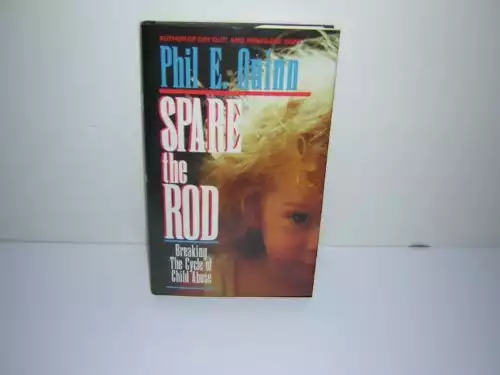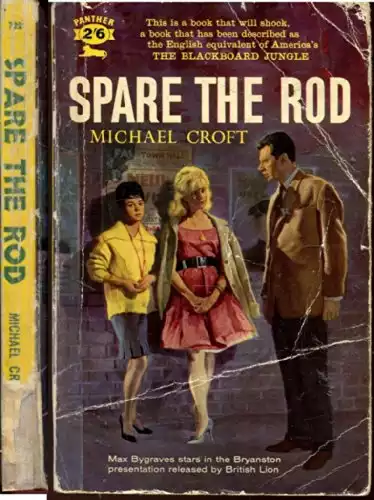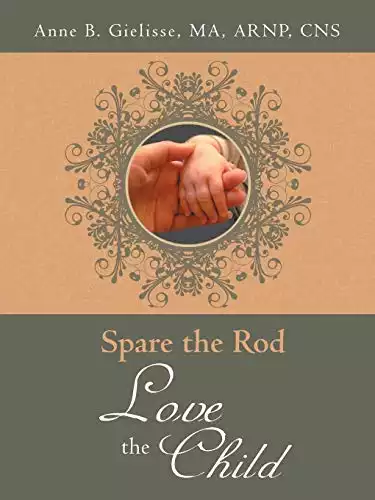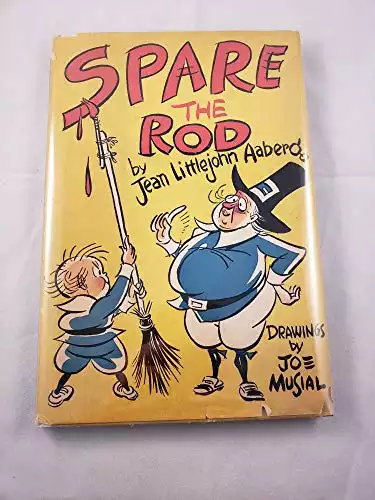It’s not surprising that many people think the quote “Spare the rod and spoil the child” comes from the Bible.
There are at least five verses in the Bible’s Book of Proverbs that talk about using a rod to beat a child — for his own good, of course.
The most famous is Proverbs 13:24: “He that spareth his rod hateth his son: but he that loveth him chasteneth him betimes.”
An even scarier piece of parenting advice is in Proverbs 23:13-14. It says: “Withhold not correction from the child: for if thou beatest him with the rod, he shall not die. / Thou shalt beat him with the rod, and shalt deliver his soul from hell.”
However, although the saying “spare the rod and spoil the child” was clearly inspired by these Biblical verses, it does not appear in the Bible.
It comes from the epic-length 17th-century poem ”Hudibras”, written by Samuel Butler (1612-1680), a cheeky British poet who enjoyed mocking religious extremists and hypocrites.
Butler’s epic satire follows the trials and tribulations of a character named Sir Hudibras.
Initially, the poem describes Hudibras as a noble and pious knight.
But during the course of the story he is shown to be a buffoonish poseur and nitwit.
Butler published Hudibras in three parts, in 1663, 1664 and 1678. The famous “spare the rod” quote comes in Part II, which was entered into the Stationer’s Registry (Britain’s early version of a copyright office) on November 5, 1663.
At the end of Part I, Sir Hudibras is put in prison after getting into a fracas with a group of locals who were watching a bear baiting “entertainment.”
In Part Two, a widow Hudibras had been wooing comes to visit him in jail and says she’ll get him out if he’ll prove he truly loves her.
When he tries to profess his love, she quickly rejects flowery words as the kind of proof she wants:
“Hold, hold, quoth she; no more of this,
Sir Knight; you take your aim amiss:
For you will find it a hard chapter
To catch me with poetic rapture.”
The widow then suggests that Hudibras could prove his love by attempting suicide. For example, she says, if he tried to hang himself she would believe him and cut him down before he died.
Hudibras thinks that option sounds a bit “too harsh.”
So, the widow suggests that Hudibras could prove his love by whipping himself or by letting her whip him. She then explains the benefits of the “virtuous school of lashing.”
Near the end of her spiel on the joys of the whip, the widow utters the famous “spare the rod” quotation:
“If matrimony and hanging go
By dest’ny, why not whipping too?
What med’cine else can cure the fits
Of lovers when they lose their wits?
Love is a boy by poets stil’d;
Then spare the rod and spoil the child.”
Hudibras promises to enroll in the “school of lashing” if the widow gets him released.
She does. But then Hudibras reneges on his promise, a betrayal that sets up the plot of Part III of the poem, in which Hudibras gets his final comeuppance.
Samuel Butler was almost certainly thinking of the Biblical verses about rods and children when he wrote his own famous line about them.
When read or heard out of context, it may seem like Butler’s “spare the rod and spoil the child” quote has a meaning similar to the Bible verses — i.e., parents should discipline their children with physical punishment if they want them to turn out “right” and keep them from becoming spoiled brats or worse.
But what Butler implied in between the lines of his satiric verse is a bit more bawdy than Biblical.
The obvious theory, given the scene it’s used, in is that it refers to sexual fetishes involving spanking, whipping and a dominatrix.
Another theory is that it’s a reference to an old bit of sexual folklore about how to “spoil” — and thus prevent — a woman from becoming pregnant.
One thing is certain: what Samuel Butler was talking about in that part of his poem Hudibras is a bit different than what the pious authors of the Book of Proverbs had in mind.
* * * * * * * * * *
Comments? Corrections? Questions? Email me or post them on my Famous Quotations Facebook page.
Related reading…


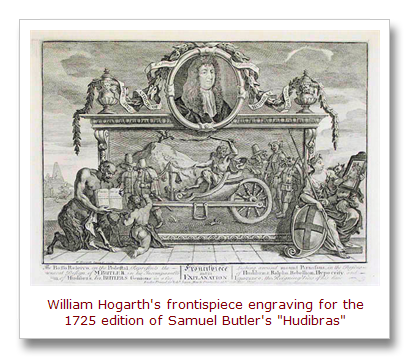
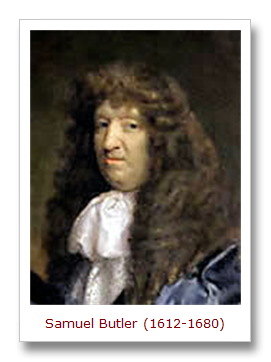
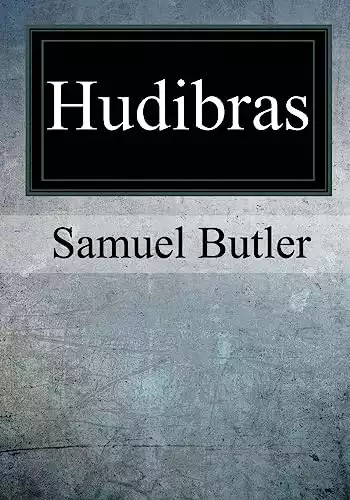
![The Way of All Flesh (Centaur Classics) [The 100 greatest novels of all time - #74]](https://www.thisdayinquotes.com/wp-content/uploads/2024/03/51j13IFXPL._SL500_.webp)
